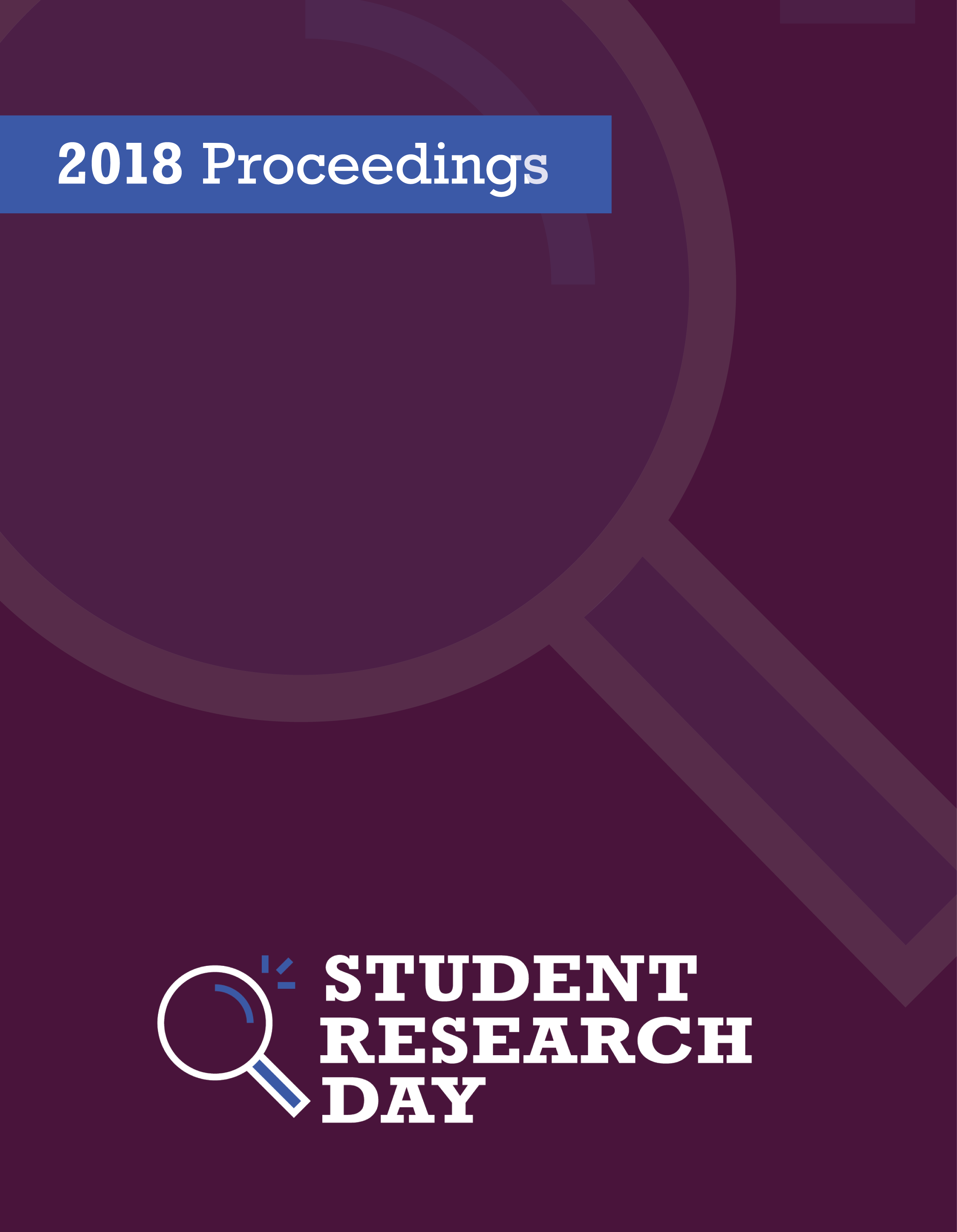The Madagascar Hissing Cockroach and Blabericola Migrator Host-Parasite Relationship
Abstract
Host-parasite relationships are ubiquitous and complex. Parasites have been documented to have multiple effects on host behaviour as well as metabolism. Insects are the most diverse group of animals extant and are known to be parasitized by eugregarines. Eugregarines are single-celled organisms that specialize to the intestinal tracts of different insect species. This study investigates the effects that parasites have on their host's behaviour and metabolism, as well as the general host-parasite relationship. To elucidate the host-parasite relationship, 41 juvenile, male Madagascar hissing cockroaches were observed during individual foraging trials over a 10-minute period, in which they were allowed to traverse an arena with food in the centre. Cockroaches were given the apple for 3 hours in a consumption trial to determine hunger levels, then each cockroach was dissected, and intestinal tracts were examined for the eugregarine parasite Blabericola migrator. Parasite populations were assessed, and each cockroach carcass was subjected to a 1:1 hexane: methanol treatment, to determine the proportion of fat in each carcass. Larger cockroaches consumed more apple and stored more fat, but there was no association between cockroach size and B. migrator population size. Cockroaches with greater infections consumed more apple and stored more fat.
Discipline: Biological Sciences
Faculty Mentor: Dr. Mike Stock & Dr. Kevin Judge
References
Published
Issue
Section
License
Authors retain any and all existing copyright to works contributed to these proceedings.



